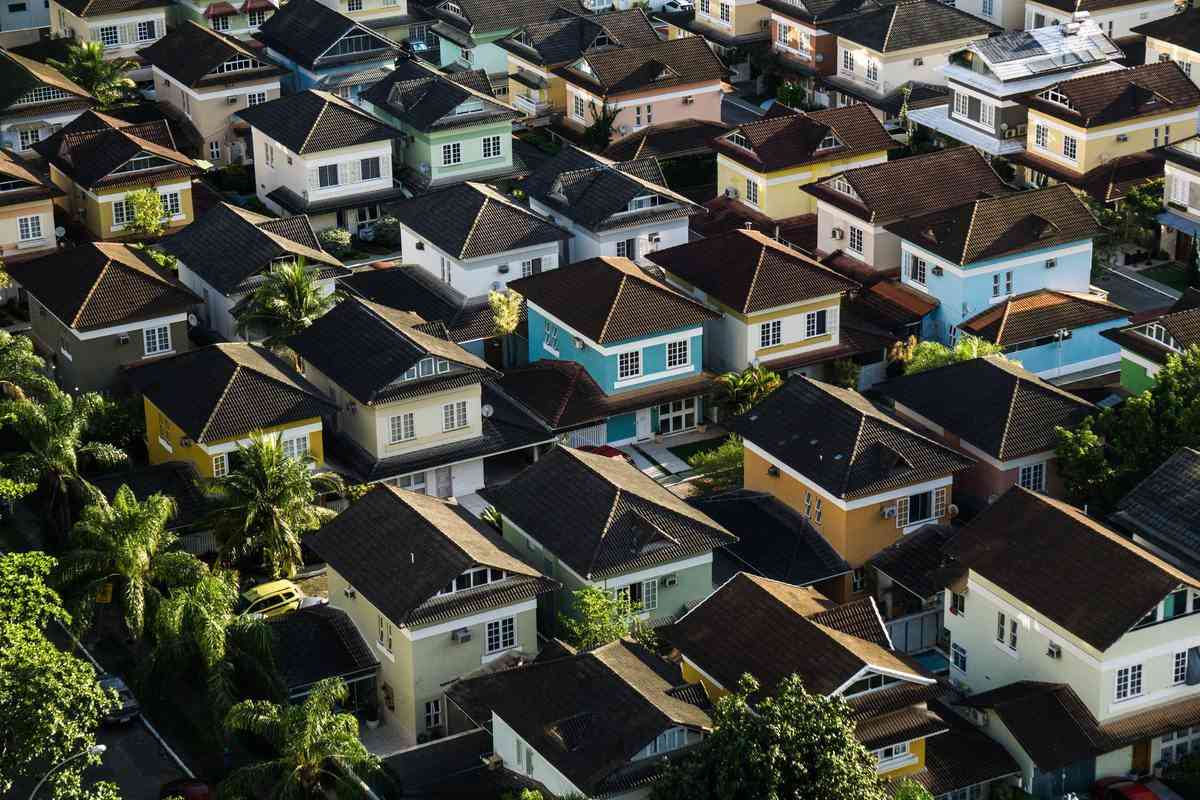
ZIMBABWE’S property market continues to be negatively impacted by slow space uptake due to low economic activity in the formal sector, a new report has revealed.
The Zimbabwean economy is facing inflation, currency and exchange rate headwinds, affecting economic activity, which in turn is impacting the property sector.
As of last month, the inflation rate stood at 101,3%, with a month-on-month inflation rate of 15,3%, according to the central bank.
Due to disparities between the official and parallel exchange rates, suppliers of construction materials practise forward pricing leading to significant cost pressures on property owners and developers.
“The market also remains affected by slow space uptake in the CBDs [central business districts] due to low formal economic activity. The retail and residential sectors continue to benefit from increased demand for quality space,” Inter Horizon Securities (IH) said in its August 2023 real estate sector report.
The report notes that the retail and residential sectors continue to benefit from increased demand for quality space.
Resultantly, these sectors continue to witness a relatively high level of investment and developmental activity as investors are attracted by improved space absorption and yields.
In the office space sector, the report says CBD offices are the worst performing of the two sub-categories owing to the policy position allowing residential areas in the proximity of the CBD to operate as offices.
- Chamisa under fire over US$120K donation
- Mavhunga puts DeMbare into Chibuku quarterfinals
- Pension funds bet on Cabora Bassa oilfields
- Councils defy govt fire tender directive
Keep Reading
Migration of offices from the CBD to the suburbs has been pronounced which has led to an oversupply of CBD office space vis-a-vis demand.
“Consequently, there have been high vacancy rates and unsustainably low rental rates for CBD offices. For suburban offices, there has been a boom in their demand and high average occupancy rate,” it said.
According to real estate agent Knight Frank, most landlords in the northern suburbs are experiencing a 100% occupancy rate for their spaces.
Market rentals in suburban parks range between US$8 and US$13 per square metre per month, while CBD office rental rates range between US$5 and US$8 per square metre per month depending on the size and the state of the space.
The average rental yield was 8% in 2022.
“While office demand from big corporations has been falling, demand from SMEs [small and medium enterprises] is growing. CBD property owners have been repurposing their buildings to accommodate small and medium-sized enterprises. Consequently, vacancy rates have remained high because demanded space is smaller,” IH said.
The manufacturing sector in Zimbabwe continues to face competition from imported goods so storage, distribution and logistics for the imported goods have become a predominant user of space.
“There is currently a short supply of industrial space leaving demand unfulfilled,” IH added.
A report by Knight Frank indicates that private players and corporates have made significant investments in this sector to increase the supply of space in new industrial developments in Mt Hampden, Msasa, Madokero Business Park and Pomona Industrial Park, which have become major economic zones.
Power outages, poor water supply, low capacity utilisation and deteriorating infrastructure have been slowing growth of the industrial real estate sectors.
Despite the low disposable incomes in Zimbabwe, IH said the retail sector had been resilient.
Informal traders have caused a boom in the retail market and vendors are flooding the CBD to maximise on the high volumes of traffic.
New complexes are being constructed for example the Madokero Shopping Mall, Highland Park Shopping Complex (almost complete) and Pomona, for more retail spaces.







